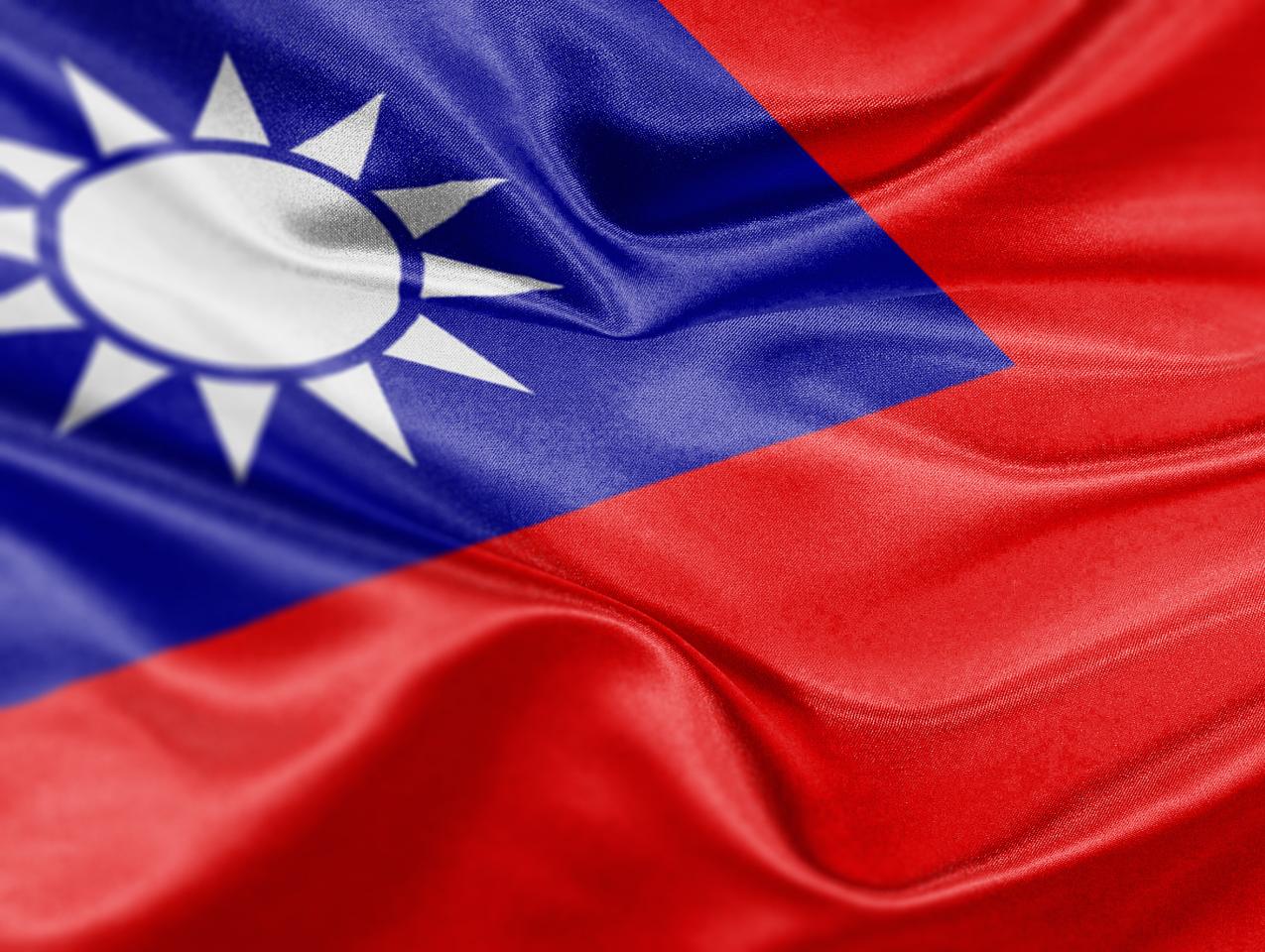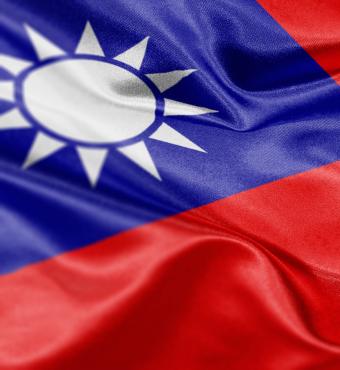Abstract: This article evaluates Taiwan’s current democratic strengths and weaknesses and considers how the quality of democracy has changed over time. It reviews some of the comparative democracy indices to document improvements across a broad set of measures since the transition to democracy. It also presents qualitative evidence of improvements in five problem areas in Taiwan’s political system identified twenty years ago: political corruption; rule of law; political polarization; institutional defects; and mass values. It then discusses new concerns that have emerged since 2000, most notably the growing influence of the People’s Republic of China over business groups, political parties, and civil society actors in Taiwan. The paper concludes with consideration of some
of the common problems that other democracies have encountered in recent years and notes the many alternative pathways to democratic regression or failure that Taiwan has so far managed to avoid. This comparative perspective highlights Taiwan’s impressive democratic achievements: despite some remaining shortcomings, it is now among the most liberal, robust, and resilient democracies in the world.
Read the paper: How Democratic Is Taiwan? Evaluating Twenty Years Of Political Change
















